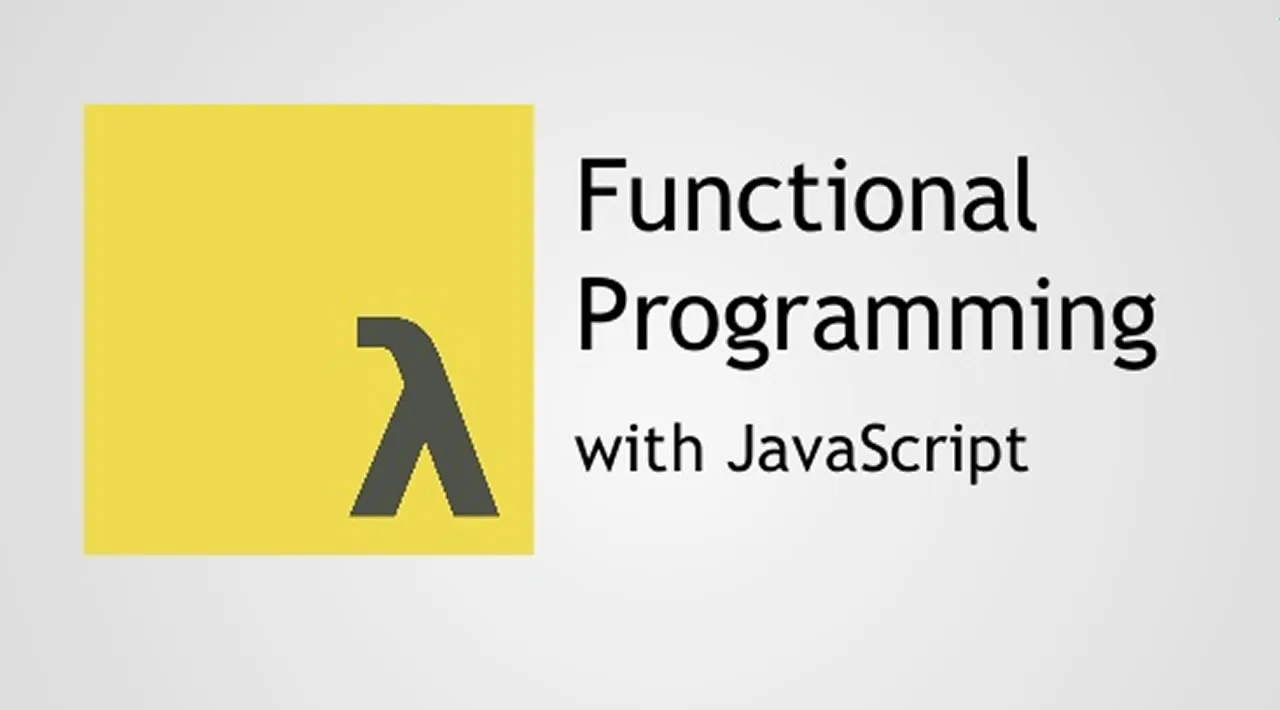One of the hardest things you have to do in programming is control complexity. Without careful consideration, a program’s size and complexity can grow to the point where it confuses even the creator of the program.
In fact, as one author put it:
“The art of programming is the skill of controlling complexity” - Marijn Haverbeke
In this article we will break down a major programming concept. This programming concept can help you keep complexity under control and write better programs.
By the end of this article, you will know what functional programming is, the types of functions there are, the principles of functional programming, and have a deeper understanding of Higher Order functions.
I assume that you already have pre-existing knowledge of the basics of functions. The fundamental concepts of functions will not be covered in this article.
What is Functional Programming?
Functional programming is a programming paradigm or style of programming that relies heavily on the use of pure and isolated functions.
Just as you might have guessed from the name, the use of functions is the main component of functional programming. But, merely using functions doesn’t translate to functional programming.
In functional programming, we use pure functions, which are functions that don’t have side effects. I will explain what all of this means.
Before diving deeper into the article, let us understand some of the terminology and types of functions there are.
Types of Functions
There are four main types of functions.
First Class Functions
In JavaScript all functions are first class functions. That means they can be treated like any other variable.
First class functions are functions that can be assigned as values to variables, returned from other functions, and passed as arguments to other functions.
Consider this example of a function passed to a variable:
const helloWorld = () => {
console.log("Hello, World"); // Hello, World
};
helloWorld();
Callback Functions
Callback functions are functions that are passed into other functions as arguments and are called by the function in which they are passed.
Simply, callback functions are functions that we write as arguments in other functions. We can’t invoke callback functions. They are invoked when the main function in which they were passed as arguments is called.
Let’s look at an example:
const testValue = (value, test) => {
if (test(value)) {
return `${value} passed the test`;
} else
return `${value} did not pass the test`;
};
const checkString = testValue('Twitter', string => typeof string === 'string');
checkString; // Twitter passed the test
testValue is a function that accepts a value and a callback function test which returns “value passed the test” if the value returns true when passed into the callback function.
In this case, the callback function is the second argument we passed into the testValue function. It is invoked when the testValue function is called.
Higher Order Functions
Higher order functions are functions that receive other functions as arguments or return a function.
In this article, am going to further elaborate on higher order functions and why they are such a powerful provision. For now, all you need to know is that these types of functions receive other functions as arguments or return functions.
Asynchronous Functions
Asynchronous functions are functions that don’t have a name and cannot be reused. These functions are normally written when we need to carry out something once and in only one place.
A perfect example of an asynchronous function is what we wrote earlier in the article.
const checkString = testValue('Twitter', value => typeof value === 'string');
checkString;
// Refer to previous code snippet
checkString is a variable whose value is a function. We pass two arguments into this function.
'Twitter' is the first argument and the second is an asynchronous function. This function has no one name and has only one task: to check whether the given value is a string.
#javascript #functional #programming #web-development #developer
